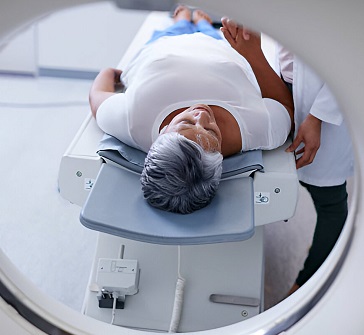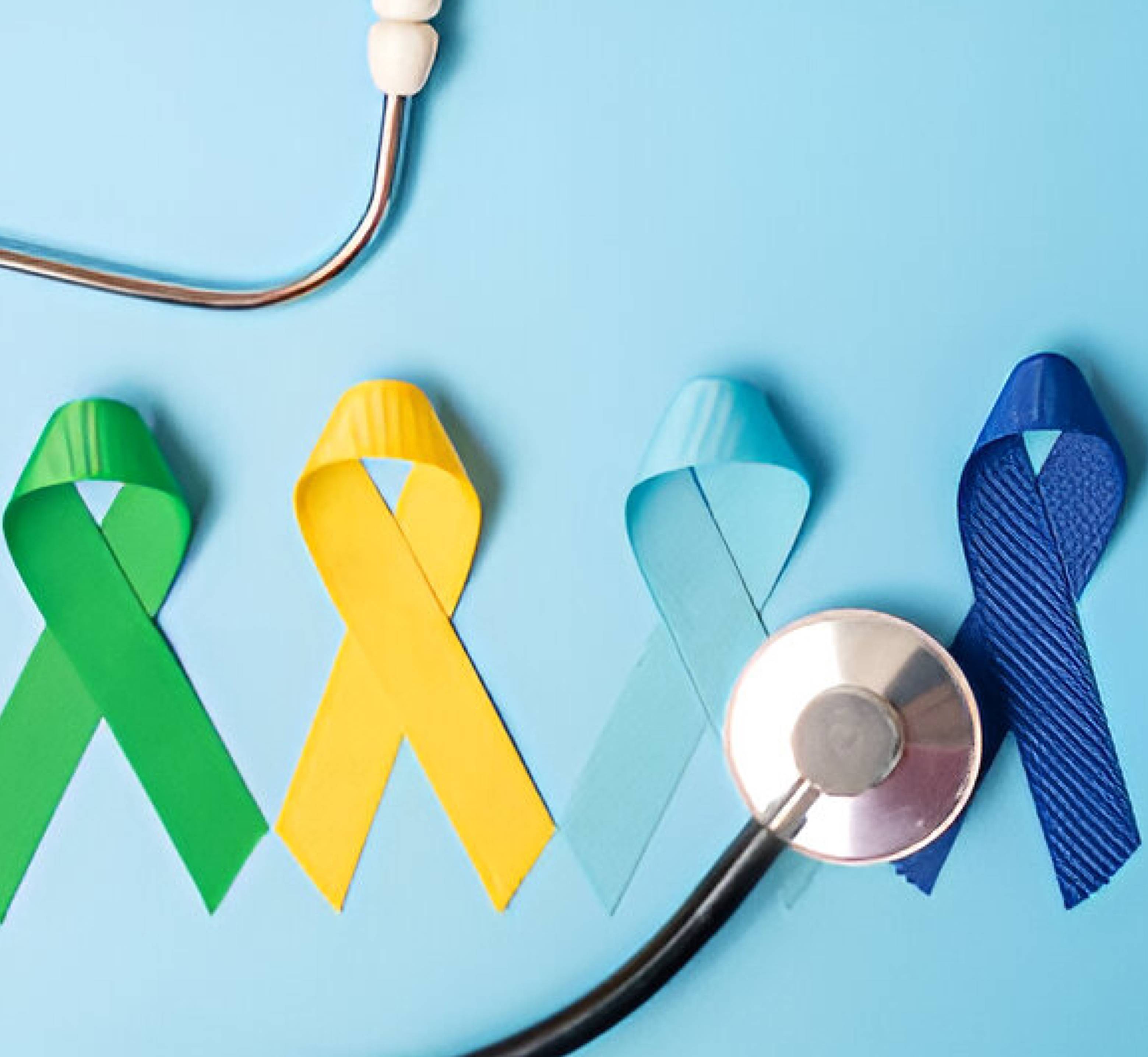 Book Appt.
Book Appt.
 Call Now
Call Now


Stomach cancer, also known as gastric cancer, is a formidable adversary in the realm of oncology. It develops slowly over time, often without noticeable symptoms in its early stages, which can make it challenging to diagnose. This insidious nature highlights the importance of understanding the causes, recognizing the symptoms, and exploring the available treatment options for this disease.
Causes of Stomach Cancer
The development of stomach cancer is influenced by a multitude of factors. One of the primary culprits is Helicobacter pylori infection, a bacterium that can lead to chronic inflammation of the stomach lining. This persistent inflammation increases the risk of cancerous mutations forming in the gastric tissues. Additionally, lifestyle choices such as smoking and excessive alcohol consumption have been linked to an elevated risk of stomach cancer. Dietary factors also play a significant role, with high consumption of smoked, salted, or pickled foods potentially increasing susceptibility to this disease.
Genetic predispositions are another crucial aspect. Individuals with a family history of stomach cancer, or those with certain genetic mutations, may be at higher risk. Genetic syndromes like hereditary diffuse gastric cancer (HDGC) can substantially elevate the likelihood of developing stomach cancer.
Symptoms and Diagnosis
Stomach cancer is notorious for its subtlety in the early stages. Common symptoms, when they do appear, may include abdominal discomfort or pain, bloating, indigestion, and a sensation of fullness even after consuming small meals. As the disease progresses, more severe symptoms like unintended weight loss, nausea, vomiting, and blood in the stool may manifest.
Early detection is crucial for effective treatment. Diagnosis typically involves a combination of medical history review, physical examination, and various diagnostic tests. Endoscopy, where a flexible tube is passed through the mouth or nose to examine the stomach lining, is a key tool in identifying abnormalities. Biopsies, imaging studies like CT scans, and blood tests for tumor markers may also be employed to confirm the diagnosis and assess the cancer's stage and extent.
Treatment Options
The approach to treating stomach cancer is determined by several factors, including the cancer's stage, location, and the patient's overall health. Surgery is often the primary treatment, aiming to remove the cancerous tissue. Depending on the tumor's size and location, a partial or total gastrectomy may be performed.
Chemotherapy and radiation therapy are frequently used in conjunction with surgery. Chemotherapy employs drugs to target and destroy cancer cells, while radiation therapy utilizes high-energy rays to shrink tumors and eliminate cancer cells. These treatments may be administered before surgery to shrink the tumor, making it easier to remove, or after surgery to destroy any remaining cancer cells.
Targeted therapies and immunotherapy are also emerging as promising avenues in stomach cancer treatment. Targeted therapies focus on specific molecules or pathways involved in cancer growth, aiming to disrupt their function. Immunotherapy, on the other hand, enhances the body's immune system to recognize and attack cancer cells.
Prognosis and Survival Rates
The prognosis for stomach cancer is largely dependent on the stage at which it is diagnosed. Unfortunately, many cases are not identified until they have reached advanced stages, which can significantly impact survival rates. However, advancements in early detection techniques and treatment modalities have shown promise in improving outcomes.
Conclusion
Stomach cancer remains a significant health challenge, emphasizing the importance of awareness, early detection, and effective treatment strategies. Understanding the causes and recognizing the symptoms are crucial steps in the battle against this disease. With ongoing research and advances in medical science, there is hope for improved outcomes and a brighter future for individuals facing stomach cancer.
SHALBY Sanar International Hospitals provides extensive medical procedures backed up with our state-of-the-art technology and a team of highly qualified & experienced clinical experts.

Grade 2 Endometrium Cancer | Ms. Robiyakhon | Uzbekistan | Dr. Archit Pandit | SHALBY Sanar

Male Breast Cancer Recovery Story | Dr. Archit Pandit | Cameroon | SHALBY Sanar

Ms. Nafisa’s Inspiring Breast Cancer Recovery | Dr. Archit Pandit | Uzbekistan | SHALBY Sanar International Hospitals

Stage4 colon cancer is curable - Colon cancer with liver metastasis | Kenya | Dr Archit Pandit

Patient from Kenya Treated by Dr. Archit Pandit | SHALBY Sanar International Hospitals

Double Cancer Victory: Mrs. Salma Kapoor's Inspiring Recovery Story | Dr. Archit Pandit

Patient from Uzbekistan Treated by Dr. Archit Pandit | SHALBY Sanar International Hospitals

Patient from Uzbekistan Treated by Dr. Archit Pandit | SHALBY Sanar International Hospitals

Successful Carcinoma Buccal Mucosa Surgery of a Patient from Nigeria by Dr. Archit Pandit

Successful Colon Cancer Surgery of Mr. Faraidun Kaka Bra Amin Amin's from Iraq | Dr Archit Pandit

Miraculous Recovery of a patient from Uzbekistan battling Ovarian Cancer | Dr. Archit Pandit

Successful Cancer Detection & Surgery by Dr. Archit Pandit | SHALBY SHALBY Sanar International Hospitals

Successful Colon Cancer Treatment of a patient from Iraq by Dr Archit Pandit | Surgical Oncology

Successful Glottis Mass & Carcinoma Vocal Cord Treatment of a patient from Iraq by Dr Archit Pandit

Successful Stage 4 Colon Cancer Treatment of a patient from Kenya by Dr Archit Pandit

Surviving the Odds: 56-Year-Old's Journey with Recurrent Carcinoma Vocal Cord | Dr. Archit Pandit

Surviving Recto-Sigmoid Cancer: Mr. Syamand Ahmed's Inspiring Journey

Success Story: Iraqi Patient's Liver Tumour Treatment at SHALBY Sanar International Hospitals

Cytoreductive Surgery Success: Iraqi Patient's 30cm Ovarian Tumor Removed Safely

Beating Liver Cancer: Mr. Abdirashid's Inspiring Story

Ms. Nejood's Success Over Pancreatic Cancer: A Remarkable Journey

Transforming Smiles: Revolutionary Buccal Commando Procedure

Wide Local Excision Surgery & Microvascular Reconstruction of a Cancer patient

Successful Surgery of Esophgeal Cancer

Successful Lung Cancer Surgery of Ms. Jerioth Wanjiru from Kenya

Para Thyroidectomy on Pt Jawad Kadhim Tweli from Iraq

Dr Archit Pandit discusses the fascinating case of Geeta Rani
Our doctors pen down their research findings and experiences from time to time. Their words provide deep insight into the latest techniques, technologies and other advancements in healthcare. It provides expert answers to all kinds of health questions for real-life issues.
VIEW ALL




Since the day of its foundation, SHALBY Sanar International Hospitals is committed to provide comprehensive healthcare services. It regularly organizes awareness programs in its premises and encourages outdoor healthcare activities and camps with an intent to put focus on preventive healthcare.
VIEW ALL